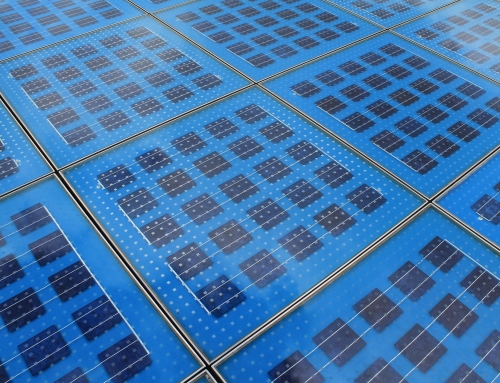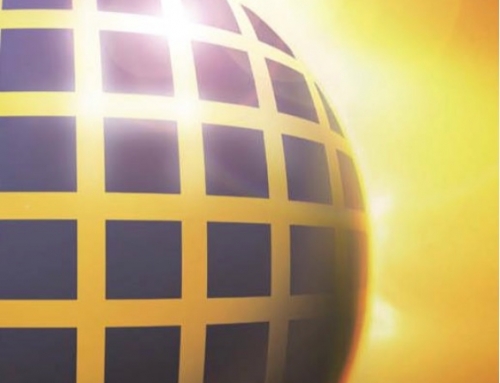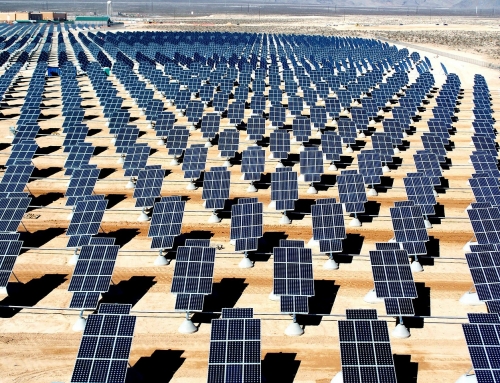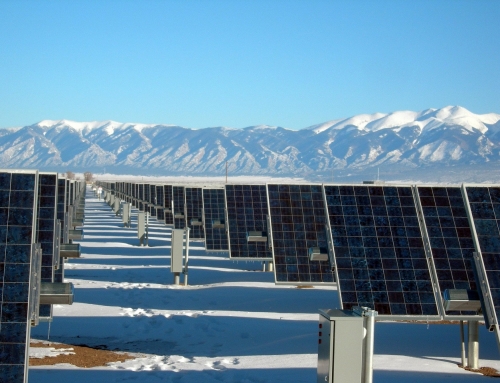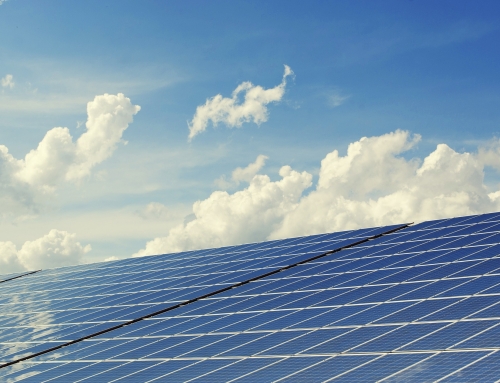It seems that as we could be nearing the closing moments of a long and somewhat sad saga, it would be right to cover the most recent events at PV Crystalox, a solar company which enjoyed profitable activities in the UK and Germany for a number of years. The companymanufactured Multicrystalline silicon ingots and wafers, the key component in solar electricity generation systems. The world’s leading solar cell producers combined these wafers into solar modules.
But in 2011, the costs of production became greater than the costs ofsolar modules as the market reacted to chronic over-supply in the Chinese (and therefore world) market. This was great news for installers of solar panels, but disastrous for producers. As a result, the company first suspended, then terminated, production in the UK, while activities in Germany were greatly reduced. In 2018 the operation there was further shrunk to mostly providing wire sawing services to cut non-silicon material for the [German] high technology ceramics and optics industries.
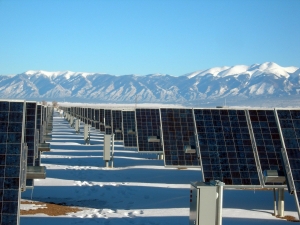
www.pixabay.com
The only bright lights were two contracts to supply wafers negotiated and signed during the good times. One produced a small, but useful yield. But the second contract, to provide wafers to a major producer of solar panels, became much more important to the fortunes of the company. To cut a long story short, while the manufacturer stopped taking the product, the contract remained. After considerable delays, arbitration followed by the Court of the International Chamber of Commerce. It was eventually agreed that PVCrystalox would receive a total of Euros 28.8 million, in two tranches.
The second tranche of Euros 14.3 million was duly received on 30 November 2018.
The key question then was what to do with this and other money which came from eg liquidating the stocks of Multicrystalline silicon held by the company. An 2018 announcement from the Chairman, John Sleeman , stated as follows:-
“Following receipt of the funds from the arbitration award, the Group is expected to have a substantial net cash position. In the light of this the Board intends to explore options for the future of the Company in order to maximise shareholder value. These may include a cash return to shareholders, the acquisition of an existing business or a combination of these alternatives.”
But the March 2019 preliminary report for 2018 seems to indicate that acquisition had been ruled out. The Chairman is again quoted as follows:-
“After an extensive review of the strategic options available to the Group, the Board has concluded that returning a large proportion of available cash, as part of an orderly resolution of the Group’s affairs would be in the best interests of shareholders rather than the pursuit of acquisitions. The Board intends to return £38.5 million (Euros 42.8 m at year end exchange rate) equivalent to 24 pence per ordinary share to shareholders.” (The share price on 16 April was 25.20 pence)
The company expects to make this payment during the second quarter of 2019 at a date which has yet to be specified.
But that is not quite the end of the story. For the Group still needs to resolve the fate of the residual German operation. In the same March 2019 preliminary report [on 2018], the CEO, Ian Doritt, states “it should be noted that..any further possible cash return will be strongly dependent on development in the German business”. Clearly, straightforward liquidation would not be without cost and other options would include a management buy-out or even a sale. Decisions on these options are still in the future, so it would seem that the saga may yet have a further act to play out.

